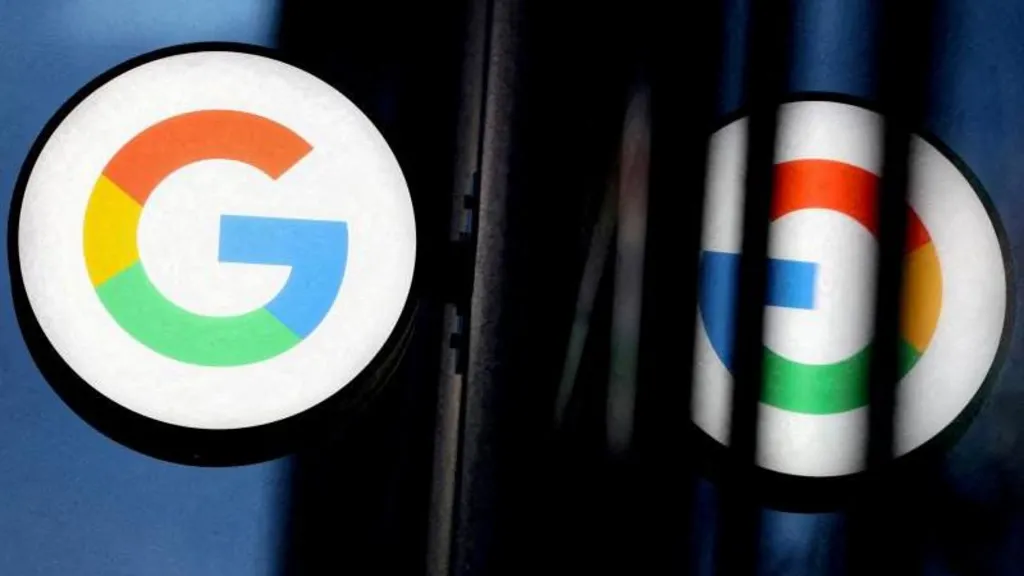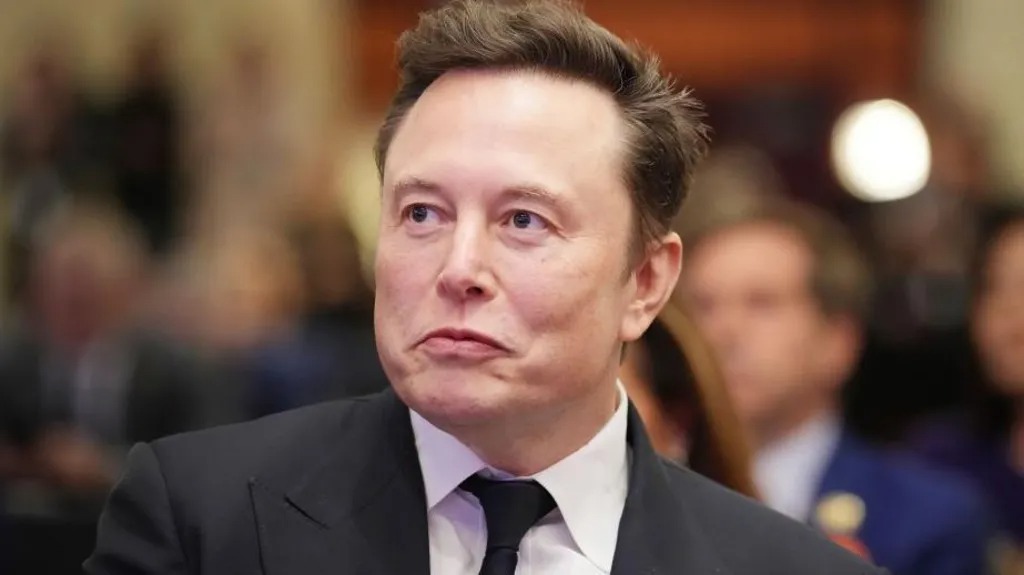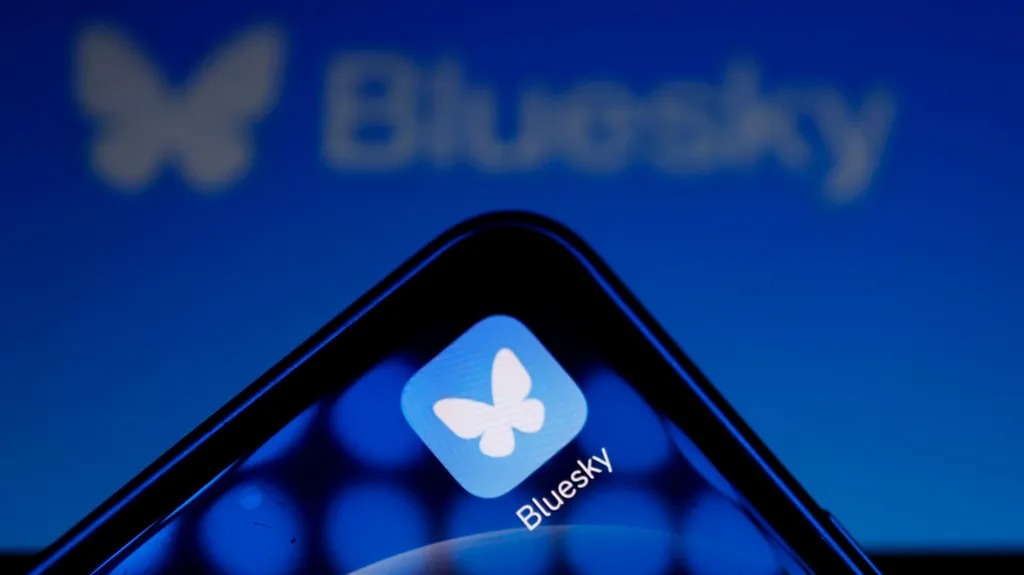
Google Play Store Ruling: Competitors Allowed to Join – US Judge Orders
A US federal judge has ruled that Google must allow Android apps made by rival technology firms onto its Google Play Store for three years starting next month. This Google Play Store ruling opens the door for competitors to join the platform, marking a significant change in the app distribution landscape.
The ruling, issued by Judge James Donato, is part of a case brought against Google by Epic Games, the maker of the popular video game Fortnite. Judge Donato’s decision imposes several remedies on Google, aimed at addressing anti-competitive behavior.
Google, however, has stated it will appeal the decision and request a pause on the proposed remedies.
In December, a jury sided with Epic, which accused Google of stifling competition by controlling the distribution of apps and payments on Android devices. “The changes would put consumers’ privacy and security at risk, make it harder for developers to promote their apps, and reduce competition on devices,” Google said in a statement.
Legal experts have called the ruling a meaningful challenge to the dominance of a few large tech companies. “It shows that courts are not necessarily opposed to asking dominant platforms to share access with rivals in the name of competition,” said Rebecca Haw Allensworth, a professor at Vanderbilt Law School.
The remedies also include a requirement for Google to make its catalog of apps available to competing app stores. “That isn’t something antitrust law would normally require,” said Mark Lemley, professor at Stanford Law School. “But the judge correctly noted that once you have violated antitrust laws, courts can order you to do affirmative things to undo the harm you caused, even though you didn’t have the obligation to do those things in the first place.”
Google argued that its Play Store operates in a competitive environment, pointing to competition from Apple’s App Store. Epic Games also sued Apple in 2020, but an appeals court ruled that Apple does not hold a monopoly in mobile gaming.
Monday’s ruling is the latest setback for Google in its ongoing legal challenges regarding competition. In August, US District Judge Amit Mehta ruled in favor of the US Department of Justice, which accused Google of operating an illegal monopoly in online search. Last month, District Judge Leonie Brinkema concluded hearings on similar allegations that Google dominates the advertising technology market.
Critics argue that Google’s Play Store fees—up to 30% on each payment—have resulted in higher costs for consumers. “That is a rate they were able to charge because they were a monopoly,” said Lee Hepner, Senior Legal Counsel at the American Economic Liberties Project. Hepner added that the recent ruling would likely change this dynamic, creating more opportunities for developers and potentially lowering prices for consumers.
“There’s going to be a lot more incentive for developers to enter this market, and prices should be lower for consumers,” Hepner said.
Links:
- External Link: BBC
- Internal Link: Kenkou Land



